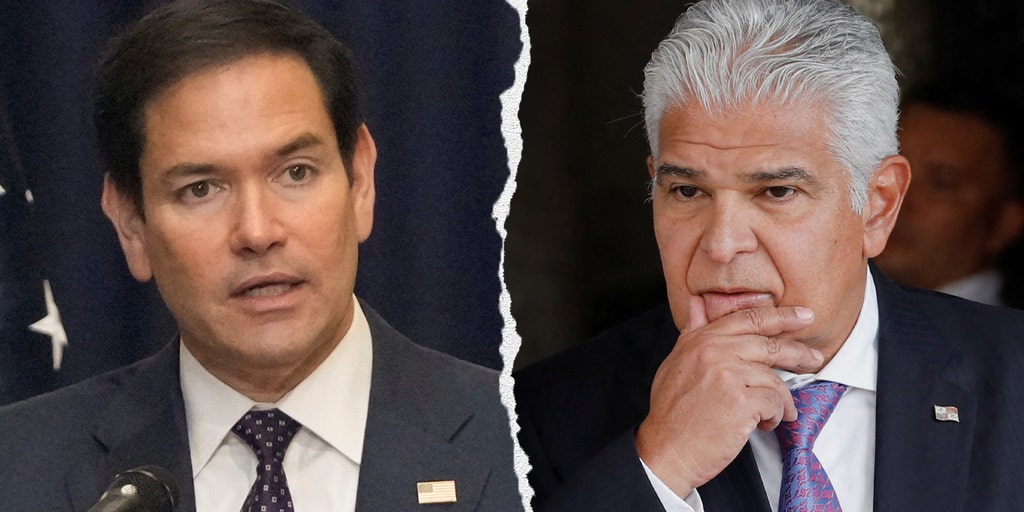Trump Imposes Tariffs on China Canada Mexico Targeting De Minimis Trade Provision

President Trump has enacted tariffs on imports from China, Canada, and Mexico, ending the de minimis trade rule that allowed duty-free shipments under $800. This change targets budget retailers like Temu and Shein.
President Donald Trump has signed executive orders imposing tariffs on the United States' three largest trading partners, specifically targeting a trade provision that has significantly contributed to the rise of budget online retailers like Temu and Shein.
As of Tuesday, goods imported from Canada and Mexico will face a 25% tariff, while those from China will incur a 10% tax. Canada’s energy resources will have a reduced tariff of 10%.
The executive orders put an end to a trade exemption known as "de minimis," which allows for duty-free shipments worth less than $800 into the U.S. This provision, in effect since the 1930s, has faced growing scrutiny. The Biden administration previously took steps to reduce what they described as the "overuse and abuse" of de minimis, arguing that it has enabled Chinese e-commerce firms to undercut their competitors.
Data indicates that the U.S. processed over 1.3 billion de minimis shipments in 2024 alone, a stark increase from 139 million in 2015, reflecting the growing trend of low-cost online shopping.
This loophole has allowed companies like Temu, Shein, and AliExpress to provide a wide array of affordable products, tempting bargain-seeking customers. Temu topped Apple's list of most downloaded free apps in the U.S. for the second consecutive year, while Shein ranked 12th.
In response to their success, Amazon launched its bargain outlet, Haul, last year, which uses the de minimis rule to import items from China without incurring tariffs. This has created new competition for Temu and Shein within the e-commerce space.
American companies such as Amazon, eBay, and Etsy stand to gain from the Trump administration's clampdown on this loophole, as they facilitate direct sales from third-party sellers to consumers.
Amazon has a long-standing connection with Chinese manufacturers, comprising about 60% of products sold through its third-party marketplace. Historically, Chinese sellers have dominated this platform.
With the de minimis loophole now challenged, both Temu and Shein have adapted, with Temu onboarding sellers with U.S. warehouse inventory for quicker shipping, while Shein has established distribution centers in the U.S.

















